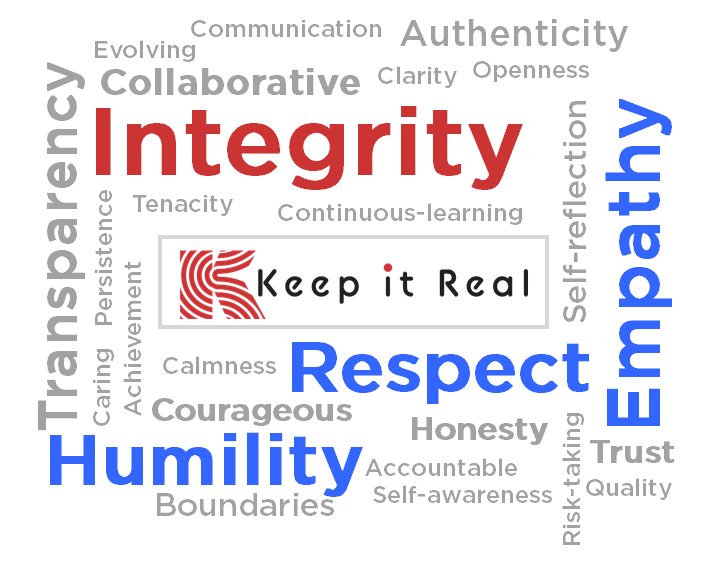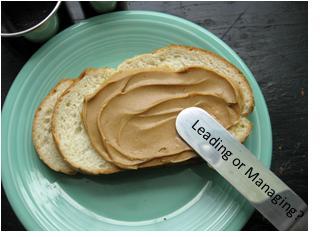Most of us have a tough time receiving feedback, especially when it’s uninvited. We either immediately reject it (“What does she know anyway?”) or we take it so personally that it tampers with our basic self-esteem (“I can never do anything right.”)
Yet here’s the thing. Feedback is a growth opportunity. The key is in having the right mindset to take advantage of that opportunity.
Here’s how.
Shift your thinking. In her book, Mindset, Dr. Carol Dweck, professor of psychology at Stanford University, talks about two mindsets – a fixed mindset and a growth mindset. People with a fixed mindset believe their intelligence is a fixed trait and that it’s talent not effort that creates success. People with a growth mindset, on the other hand, believe that “brains and talent are just the starting point.” They recognize that continuous learning is essential for great accomplishment. Practice a growth mindset by being receptive to feedback.
Ask for it. Not from everyone, but from people you respect and who know you. They may have some ideas that can help you grow. They’ve been waiting for your permission to share them with you. Be specific in the ask. “I want to be sure I’m conveying confidence when I’m presenting. What observations do you have, and how can I improve?” Research shows that people who seek feedback have higher performance ratings and are happier overall.
Conversely, a 3-year study by Leadership IQ found that the biggest reason new hires fail (46% of them fail within the first 18 months) is because they cannot accept feedback. Seriously? You’d think that, being new, they’d be more open to it. Nope. Of those who fail, for 26% it’s because they’re uncoachable and for 23% it’s due to lack of emotional intelligence (which also relates to being able to accept feedback.) Only 11% fail due to lack of technical skills.
Listen. Even when feedback is uninvited (or unwelcome) allow yourself to just listen. Ask for clarification – and/or a specific example – to be sure you understand what the other person meant. If you feel an emotional response coming on, take a breath (not a sigh and eye roll) and say something like, “Thank you for that feedback. Let me think about it.” Then really do think about it and pull from it what is useful.
Take notes. When someone gives you feedback jot down in your own words what they said. That will take the sting out of it and also give you the opportunity to tie it to specific examples in your work or behaviors. Look for patterns. Maybe there’s a non-word you use all the time that is impacting your credibility when presenting or speaking to customers. Writing that down will make it real and help you think about how to fix it.
Say thank you and follow up. Feedback is a gift. Say thank you. And one of the best ways to show your appreciation is to actually implement what you learned from the feedback. It doesn’t mean that you have to make every change. What it means is that you have to at least think it through and capture the nuggets of wisdom that will contribute to your growth.
“We all need people who will give us feedback. That’s how we improve.” – Bill Gates









